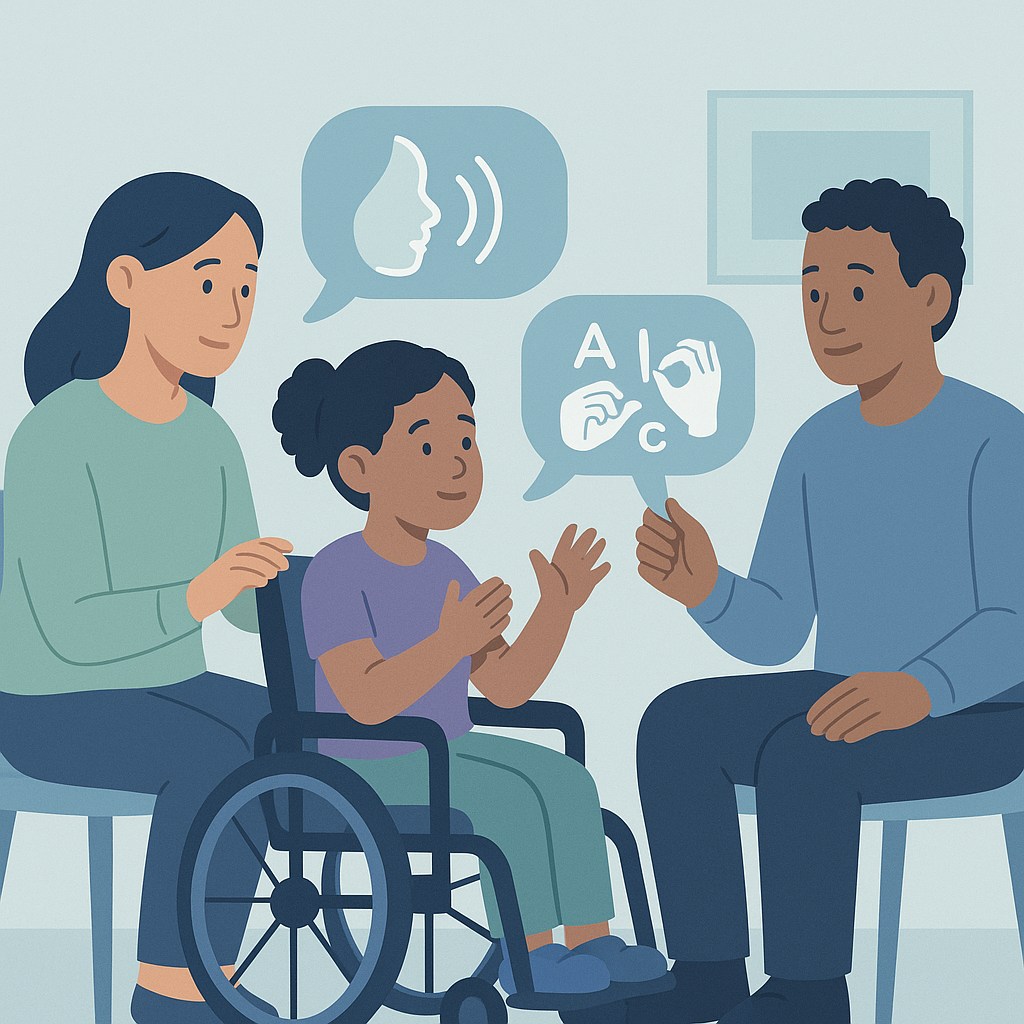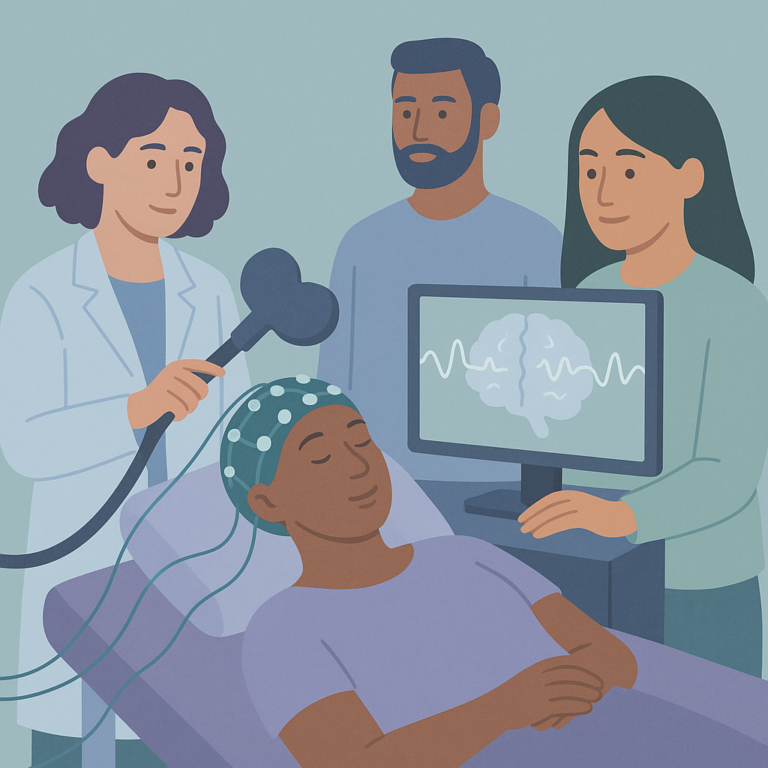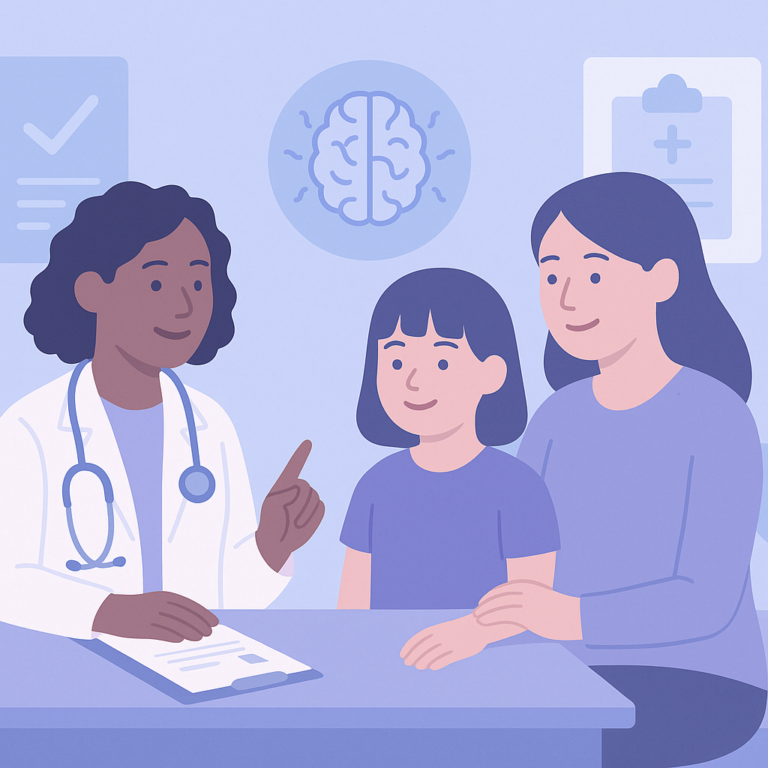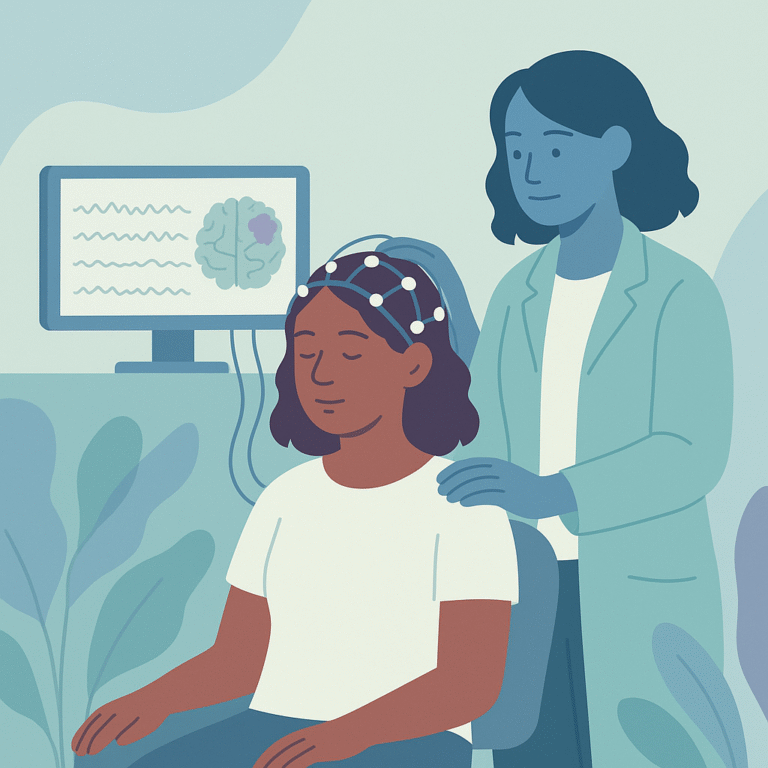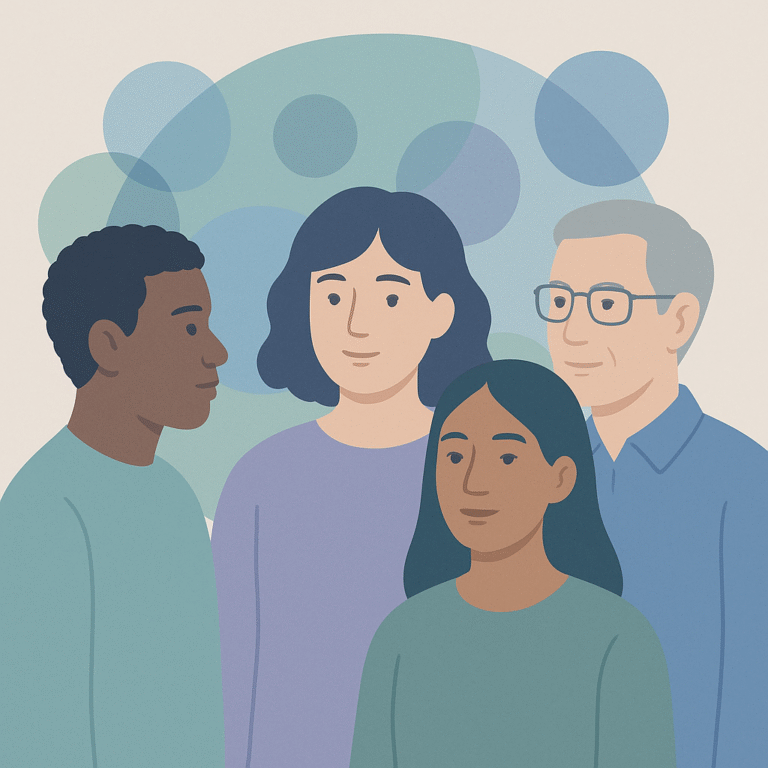Parents Prioritize Improving Communication for Children with Severe Conditions
Source: European journal of paediatric neurology : EJPN : official journal of the European Paediatric Neurology Society
Summary
This study looked at how non-seizure outcomes affect young people with severe neurodevelopmental encephalopathy, with or without epilepsy. Researchers surveyed 267 parents from various patient advocacy groups to understand the challenges their children face and what improvements they hope to see. The average age of the children was about 8.7 years, and a significant number of them had epilepsy.
The findings showed that many children experienced serious difficulties in areas like communication, mobility, and eating. Most parents reported that their children struggled with expressing themselves, which was identified as the most important area for improvement. While seizures were still a concern, many parents felt that improving communication was even more critical for their children's quality of life.
This research highlights the importance of focusing on non-seizure outcomes, especially communication, for children with severe neurodevelopmental conditions. It suggests that improving communication skills should be a priority in future treatments. However, the study is limited to the perspectives of parents and may not capture the full range of experiences from the children themselves or other caregivers.
Free: Seizure First Aid Quick Guide (PDF)
Plus one plain-language weekly digest of new epilepsy research.
Unsubscribe anytime. No medical advice.